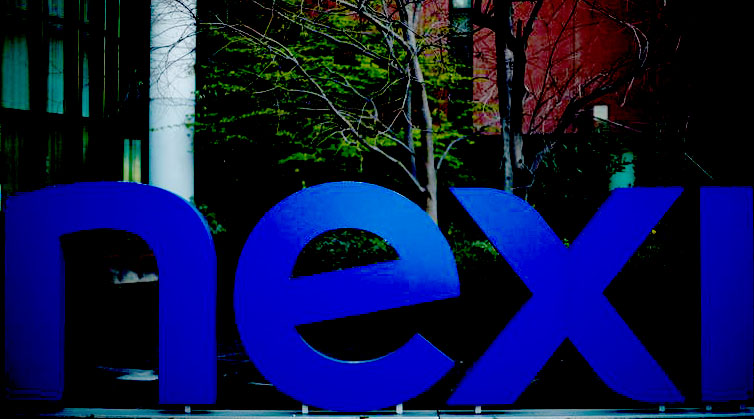Reuters: Nexi (BIT: NEXII), Europe’s largest payments processor, has seen its shares drop over 50% in a year.
The Italian company received unsolicited proposals from private equity companies, including Silver Lake, this year, sources told Reuters.
Sources said discussions between the U.S. buyout group and Nexi CEO Paolo Bertoluzzo stalled before the end of March.
The companies declined to respond.
Bankers and industry insiders say negotiations between European and North American payments businesses and possible acquirers are heating up.
As company leaders get used to the idea that tech stock prices won’t go back to where they were, the price difference is getting smaller.
“Many firms that went public in the previous few years are finding that it’s not necessarily a good thing, especially if they’re small or haven’t achieved profitability,” said Peter Christodoulo, partner at Francisco Partners.
Current uncertainty in debt capital markets may slow some dealmaking, but sellers’ more aggressive approach could boost deal volumes through the rest of the year and into 2023, sources said.
Sources said Global Payments (NYSE: GPN) Inc’s $4 billion grab of smaller peer EVO Payments Inc on August 1 may cause a chain reaction.
Fiserv Inc (NASDAQ: FISV) and FIS may complete bolt-on transactions similar to Global Payments, but large-scale M&A remains difficult.
Fiserv’s chief strategy and growth officer, Byron Vielehr, said that the company’s goal is to come up with new ways to help clients, but he wouldn’t say anything about specific acquisitions.
FIS didn’t comment.
BTRS Holdings, Inc. went public between October 2020 and November 2021. Reuters reported last month that Billtrust’s owner is considering a sale.
Paya Holdings Inc, the U.S. payment arm of Britain’s Sage Group (LON:SGE), is also considering a sale, sources said.
Paya didn’t comment.
Over the past year, BTRS and Paya both lost 38% and 28% of their value, respectively. However, both have since recovered, and there are signs that they are looking at other options.
Payments companies that started up before 2020 have also been hurt, but those that went public during the epidemic, either through an IPO or a merger with a blank-check business, have been hit the hardest.
Rising interest rates have caused investors to flee high-growth technological businesses.
“Payments firms are defensive and well-positioned for an inflationary climate,” said Jeff Paduch, managing partner at Advent International.
Nexi board member Paduch declined to comment on the company’s activities.
Stripe and Klarna Bank AB, both privately held, have seen their valuations fall.
Klarna’s valuation dropped from $46 billion to $6.7 billion in its current investment round on July 11.
tmsnrt.rs/3QAjM2W
RECESSION-PROOF
Private equity firms like to buy payment businesses and have held many of them on both sides of the Atlantic.
Payments firms provide platforms for in-store or online payments and charge a percentage.
A recession-proof approach provides firms with a bright growth outlook. Juniper Research predicts digital wallet spending would reach $10 trillion by 2025.
According to Dealogic statistics, about $250 billion in payments agreements have been closed in the U.S. and Europe since 2017.
According to Dealogic, payments M&A in the United States and Europe has dropped 48% this year compared to 2021.
In December, Thoma Bravo spearheaded a $2.6 billion take-private deal for Bottomline Technologies (NASDAQ:EPAY).
This year, tougher funding markets have stopped private equity investments from being made even in stable areas like payments.
After an IPO or a blank-check merger, many buyout firms still have a stake in the company. This could make it easier for the industry to merge.
Bain Capital’s venture arm and Accel-KKR are the largest owners in BTRS Holding and Paymentus Holdings Inc, while Blackstone (NYSE:BX) Inc is the second-largest in Paysafe Ltd.
https://tmsnrt.rs/3A8Vtmb U.S. listed payments firms

